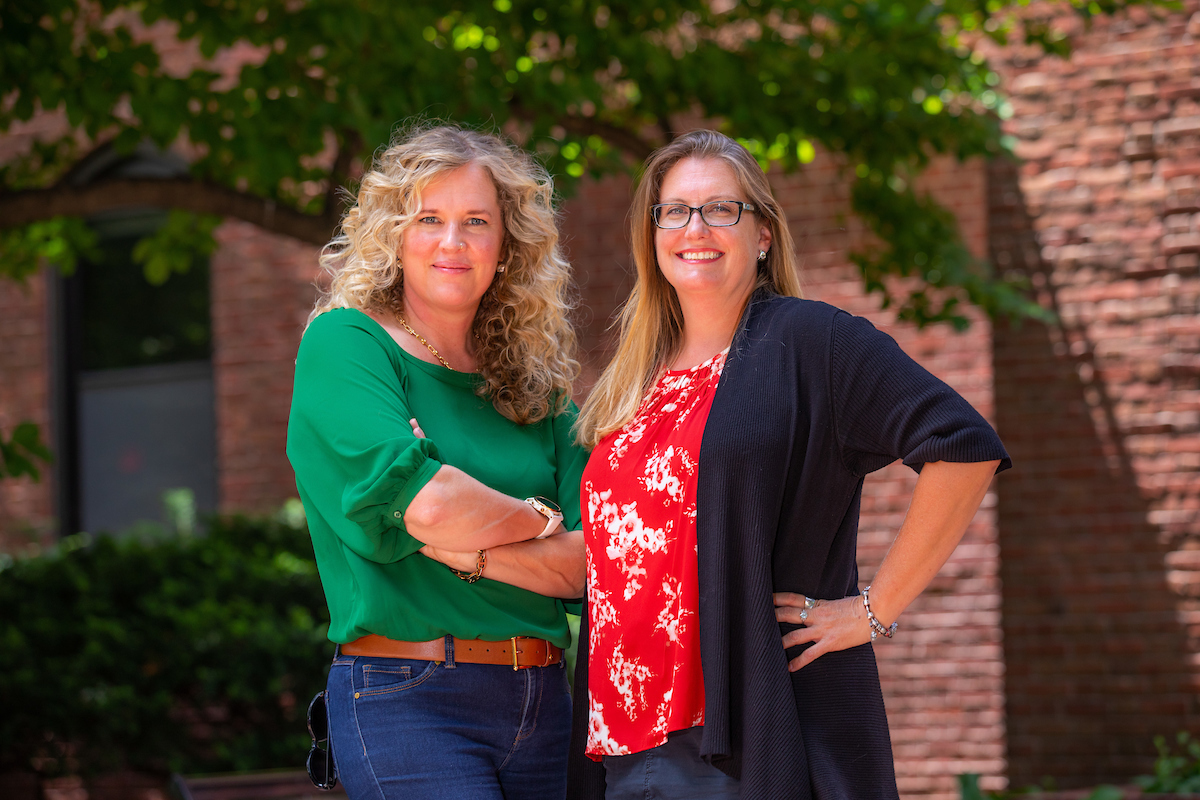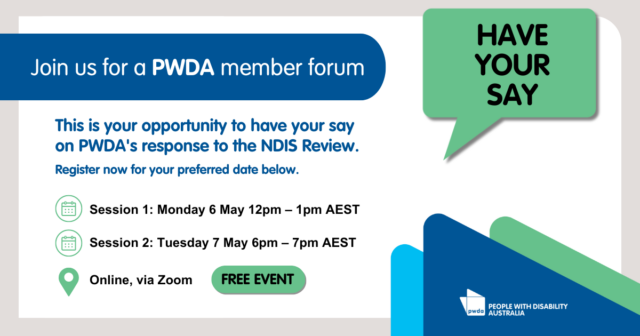
I2D2’s co-Director Cassandra Dorius, left, and Director Heather Rouse oversee a team of data engineers, computer scientists and statisticians at ISU and work with state partners to develop data-driven strategies that benefit children and families in Iowa. Larger image. Christopher Gannon/Iowa State University
AMES, IA – Figuring out whether early childhood services need to be improved or expanded requires good data, not just anecdotes. But accessing that data is tricky when the entities providing resources and support to families with young kids – federal and state departments, local governments, nonprofit organizations and private businesses – operate in siloes.
To address this challenge in Iowa, faculty at Iowa State University formally partnered with seven state agencies and Iowa Head Start programs in 2017 to develop I2D2, a highly-secure, cross-program data-sharing system. The collaboration has already produced several success stories and recently garnered attention from the U.S. Department of Health and Human Services.
The agency’s Administration for Children and Families selected I2D2 as a national example for a case study report, citing its “sophisticated data security policies and procedures” and “detailed governance plan.” The report is intended to be a useful resource for local and state governments working to create their own data sharing initiatives.
I2D2 Director Heather Rouse and co-Director Cassandra Dorius oversee a team of data engineers, computer scientists and statisticians at ISU and work with state partners to develop data-driven strategies that benefit children and families in Iowa.
Rouse, an associate professor in human development and family studies, says the work she and her team does every day fits in with ISU’s land-grant mission to provide research-based programs and resources for the state’s residents.
“I love doing nerdy stuff that’s actually making a difference. Seeing government decisions inform program improvements or resource allocations for children and families who don’t have a voice – we get to help be that voice because of the science, and that’s what I love. That’s what makes me proud to be an ISU faculty member,” said Rouse.
Impact in Iowa
One of I2D2’s first projects was a statewide needs assessment for early childhood services. The collaboration found children in preschools were often being under or over counted at the state level. With accurate data integrated from across multiple systems, Early Childhood Iowa (a statewide coalition of stakeholders working to advise early childhood services and prepare kids for school) developed a multi-year strategy to better address gaps.
Another project exploring what characteristics make families more vulnerable to generational substance use helped inform conversations at I2D2 data-to-action workshops. Participants developed a plan to promote recovery community centers in Iowa. The first four centers will open their doors later this year in Cedar Rapids, Council Bluffs, Des Moines and Sioux City.
I2D2 data showing where families with certain characteristics and risks could benefit most from home visiting services also helped state partners identify the greatest need in Iowa and get more federal dollars to expand the program.
Protecting privacy
The ISU researchers built I2D2 with the highest privacy and security standards available and have ongoing conversations with partners and IT experts to ensure private information is protected.
“We need information so we can better serve young children and their families, but in order to have that information, we have to be super respectful with how we’re handling the data,” said Rouse. “These are little children’s private information. It’s where they go to school; when they go to the doctor.”
As part of their security measures, the I2D2 team has included experts in privacy and security to build a state-of-the-art system that can securely house the data needed to make decisions.
That includes three separate platforms for data.
The first is a one-way portal. Partners can upload data files, but they can’t retrieve them or go into the system to change something. The system verifies the files and then moves them into a second, completely separate and highly-restricted platform where trained I2D2 staff at ISU review and clean the data and integrate it across systems for approved projects. They then strip away names, birth dates, addresses and other sensitive information that could identify an individual before any analyses are conducted.
With the third platform, I2D2 staff can analyze the anonymized data and run reports. To ensure the system is used to address state priorities, only a department or agency that’s part of I2D2 can request a data analysis.
“When our state-wide team evaluates proposals for new projects, we first ask: Will it benefit children and families? If the answer is no, the project doesn’t move forward because it doesn’t match our mission,” said Dorius, also an associate professor in human development and family studies.
While outside groups aren’t currently able to request data, the final reports are posted on the I2D2 website after state partners have had a chance to review the findings.
Lessons learned
Rouse and Dorius emphasized three key aspects to building a successful integrated data system: relationships, relationships and relationships.
“You have to integrate people before you can integrate data,” said Dorius. “We spent several years working closely with state partners to understand their needs and the needs of the families they serve. This took a lot of time – and hundreds of hours in meetings – but in the end, we were able to use what we learned to design a system that works for Iowa.”
Rouse added data sharing moves at the speed of trust.
“Think of all the layers of people who need to understand what you’re doing because you’re talking about private information; they have to see value in it and agree that we can make it happen, safely. So, that was the most important part.”
Rouse and Dorius continue to meet with their partners to maintain that trust and adapt I2D2 to better serve Iowa.
This summer, the research team is planning to launch a user-friendly dashboard with aggregate, community-level data to help counties and municipalities more easily identify needs and direct resources (e.g., more preschool slots, translation services for families).






